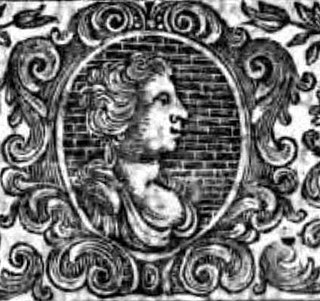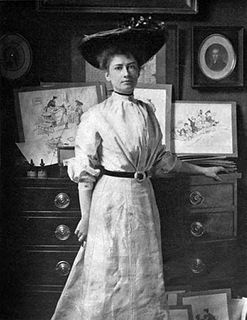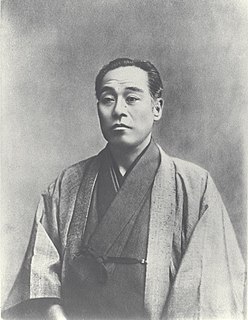A Quote by Bernard de Mandeville
Knowledge both enlarges and multiplies our Desires, and the fewer things a Man wishes for, the more easily his Necessities may be supply'd.
Related Quotes
That the happiness of man may still remain imperfect, as wants in this place are easily supplied, new wants likewise are easily created; every man, in surveying the shops of London, sees numberless instruments and conveniencies, of which, while he did not know them, he never felt the need; and yet, when use has made them familiar, wonders how life could be supported without them. Thus it comes to pass, that our desires always increase with our possessions; the knowledge that something remains yet unenjoyed, impairs our enjoyment of the good before us.
To live his life in his own way, to call his house his castle, to enjoy the fruits of his own labour, to educate his children as his conscience directs, to save for their prosperity after his death -- these are wishes deeply ingrained in civilised man. Their realization is almost as necessary to our virtues as to our happiness. From their total frustration disastrous results both moral and psychological might follow.
The disappointed man turns his thoughts toward a state of existence where his wiser desires may be fixed with the certainty of faith; the successful man feels that the objects which he has ardently pursued fail to satisfy the cravings of an immortal spirit; the wicked man turneth away from his wickedness, that he may save his soul alive.
In its broad sense, civilization means not only comfort in daily necessities but also the refining of knowledge and the cultivation of virtue so as to elevate human life to a higher plane... It refers to the attainment of both material well-being and the elevation of the human spirit, [but] since what produces man's well-being and refinement is knowledge and virtue, civilization ultimately means the progress of man's knowledge and virtue.
The love of a wife to her husband may begin from the supply of her necessities, but afterwards she may also love his person: so the soul first loves Christ for salvation, but when it is brought to him, and finds what sweetness there is in him, then the soul loves him for himself, and esteems his person, as well as rejoices in his benefits.
Prayer is the offering up of our desires to God in the name of Christ, for such things as are agreeable to his will. It is an offering of our desires. Desires are the soul and life of prayer; words are but the body; now as the body without the soul is dead, so are prayers unless they are animated with our desires.
We cannot doubt that barbaric people receive such influences more visibly and obviously, and in all likelihood more easily and fully than we do, for our life in cities, which deafens or kills the passive meditative life, and our education that enlarges the separated, self-moving mind, have made our souls less sensitive.








































